Acid reflux, medically termed gastroesophageal reflux disease (GERD), is a condition that affects many worldwide. It’s characterized by a burning sensation in the chest, often after eating, and can be exacerbated by certain foods. However, diet plays a pivotal role not just in triggering but also in alleviating these symptoms. This article delves into five foods that have been shown to help manage and reduce the symptoms of acid reflux, providing relief to those who suffer from this condition.
Contents
Understanding Acid Reflux

Acid reflux occurs when stomach acid frequently flows back into the tube connecting the mouth and stomach, irritating. The most common symptom is heartburn, which can also lead to a sour taste in the mouth, difficulty swallowing, and even regurgitation. Obesity, pregnancy, certain medications, and foods can trigger this condition. However, understanding the role of food can be a game-changer in managing its symptoms.
Dietary choices can either exacerbate or alleviate acid reflux symptoms. While spicy foods, caffeine, and alcohol might trigger acid reflux, some foods can help soothe the stomach lining and reduce the burning sensation. Incorporating these foods into one’s diet can significantly affect the frequency and severity of acid reflux episodes.
The Role of Alkaline Foods
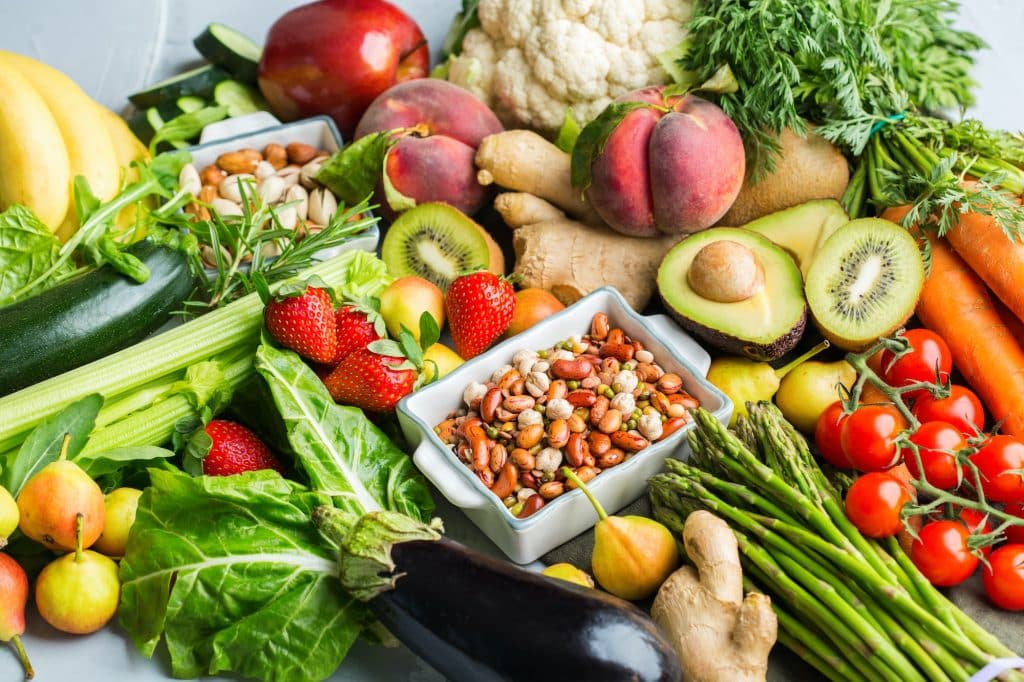
The human body functions optimally at a slightly alkaline pH level. When the body’s pH level is imbalanced, leaning towards acidity can lead to various health issues, including acid reflux. Alkaline foods are crucial in maintaining this balance, ensuring the stomach doesn’t produce excessive acid.
Foods that are alkaline can help neutralize stomach acid, providing relief from the burning sensation that characterizes acid reflux. By incorporating more alkaline foods into the diet, one can create an environment in the stomach that is less conducive to the backflow of acid into the esophagus. This reduces the symptoms of acid reflux and promotes overall digestive health.
Oatmeal

Oatmeal is more than just a hearty breakfast option. Rich in fiber, it aids digestion and helps maintain a healthy weight, both essential for preventing acid reflux. The soluble fiber in oatmeal absorbs excess stomach acid, reducing the chances of it flowing back into the esophagus.
Moreover, oatmeal has a soothing effect on the stomach lining. Its bland nature and creamy texture can help reduce the irritation caused by stomach acid. Starting the day with a bowl of oatmeal can set the tone for a day with reduced acid reflux symptoms. It’s about filling the stomach and providing it with the right nutrients to function optimally.
Ginger
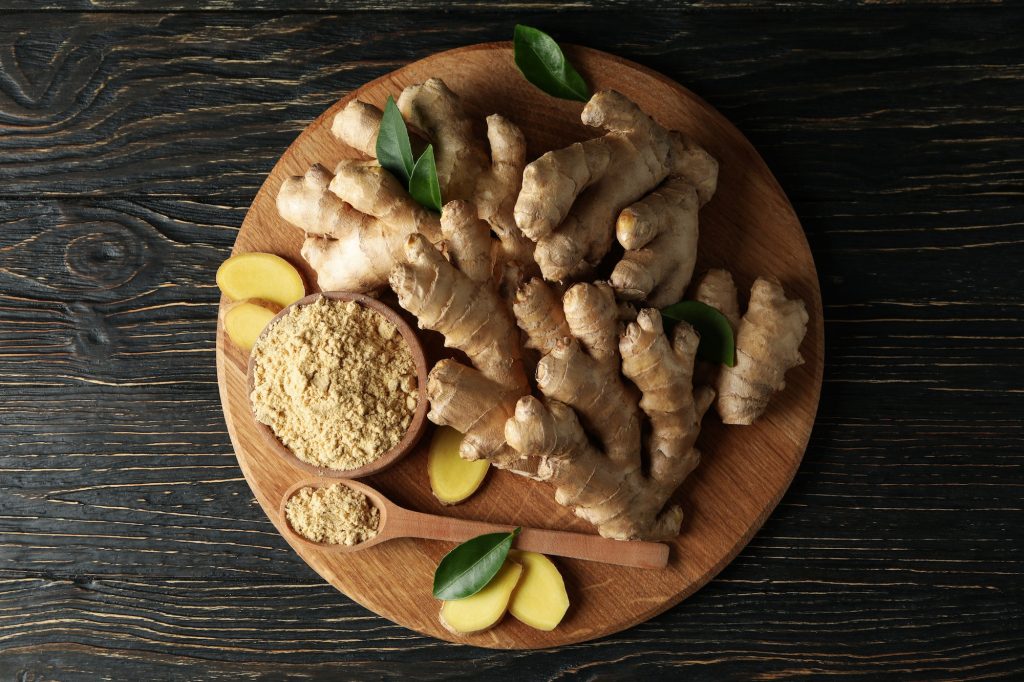
For centuries, ginger has been revered for its medicinal properties. Known for its anti-inflammatory effects, ginger can be a potent ally against acid reflux. Its natural properties help soothe the stomach, reducing the production of stomach acid.
Additionally, ginger is a natural remedy for nausea, a common symptom associated with acid reflux. By incorporating ginger into one’s diet, either as a spice in meals or as a tea, one can harness its benefits to combat the discomfort caused by acid reflux. However, like all foods, moderation is key; excessive ginger can have the opposite effect.
Aloe Vera
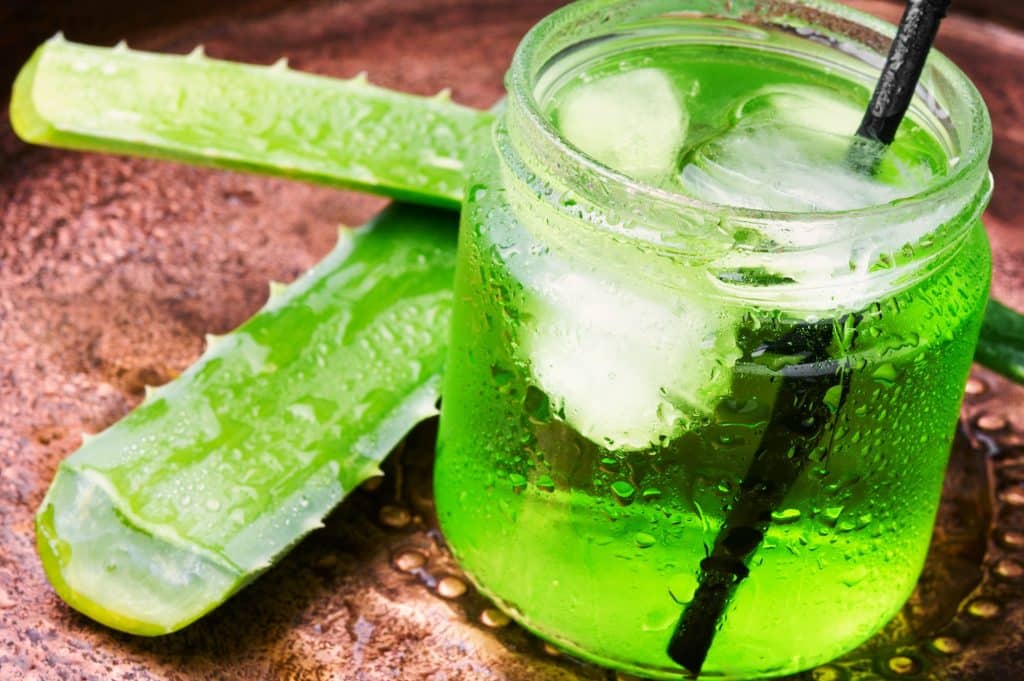
Aloe vera, commonly associated with skin relief, also benefits the digestive system. Consuming aloe vera juice can help soothe the stomach lining, reducing the irritation caused by acid reflux. Its anti-inflammatory properties play a significant role in this relief.
However, choosing the right aloe vera juice is essential, preferably without added sugars or flavors is essential. While aloe vera can offer relief, it’s also crucial to note that excessive consumption can lead to digestive issues. As always, consulting with a healthcare professional before incorporating it into one’s diet is advisable.
Bananas
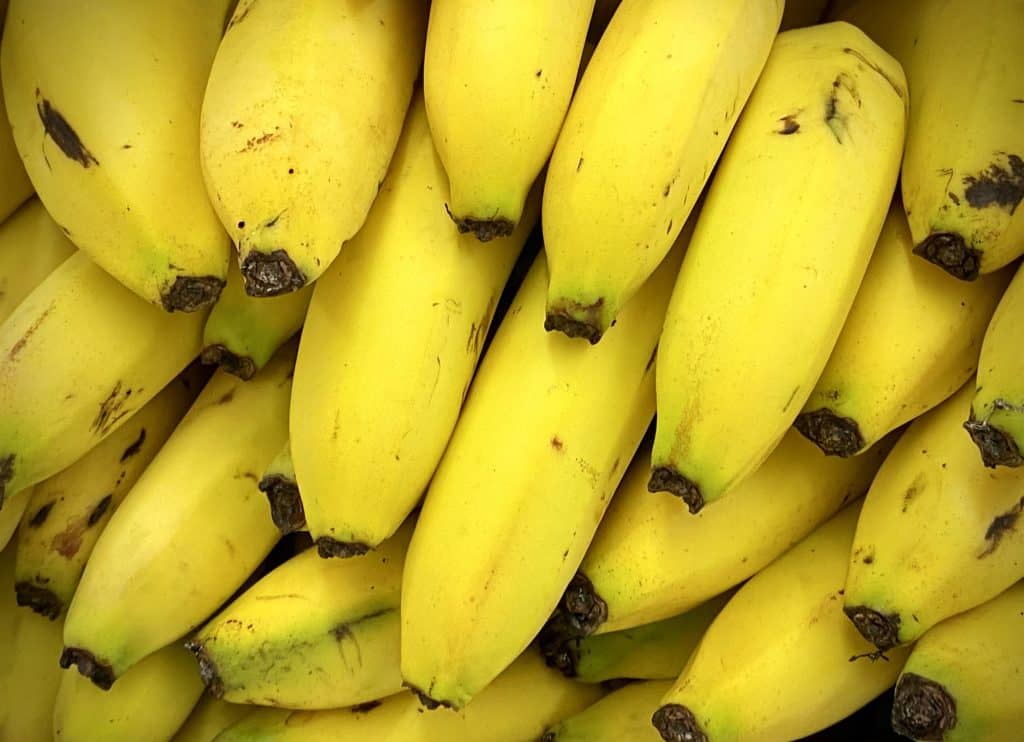
Bananas, with their naturally sweet taste and creamy texture, can be a boon for those suffering from acid reflux. They act as a natural antacid, helping to neutralize stomach acid. Their high fiber content also aids in digestion, further reducing the risk of acid reflux.
Moreover, bananas help increase mucus secretion in the stomach, which acts as a protective barrier against stomach acid. By incorporating bananas into one’s daily diet, one can enjoy not just their taste but also their myriad health benefits, especially concerning acid reflux.
Melons
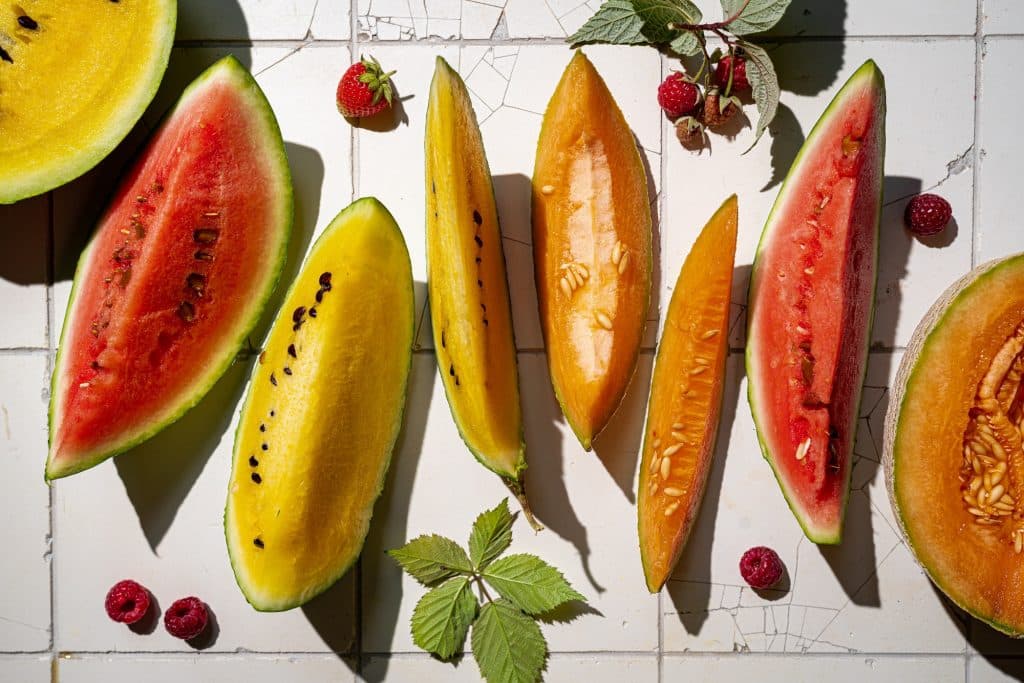
Melons, including cantaloupe and honeydew, are not only refreshing but also beneficial for those with acid reflux. Their alkaline nature helps neutralize stomach acid, reducing the burning sensation associated with this condition. Additionally, their high water content aids in hydration, further promoting digestive health.
Including melons in one’s diet, especially during warmer months, can provide both relief from acid reflux and a tasty treat. However, it’s essential to ensure they are ripe and fresh to derive maximum benefits.
5 Food Items That May Worsen Up Your Situation
Chocolate
The ultimate solution to your sweet tooth often comes with a dark side. Chocolate contains cocoa, caffeine, and certain plant chemicals that can trigger a burning sensation or heartburn.
Fatty Foods
We know it’s hard to say NO to your favorite pizza or burger, but they might be the reason why you feel heartburn so often. In any condition, if you are going through GERD, you should avoid any fatty foods.
Spicy Foods
Spicy foods contribute to the worsening of acid reflux in two ways- first of all, the capsaicin present in spicy foods may slow down your digestion process. Second, it can irritate the already disturbed esophagus on its way down.
Alcohol
Alcohol allows the acid to leak up your esophagus. It would help if you avoided alcohol and mixed drinks to prevent heartburn.
Peppermint
Don’t go on words and false claims. Peppermint doesn’t soothe your tummy; in fact, it is an acid trigger.
The Bottom Line
Diet plays a pivotal role in managing acid reflux. By understanding the foods that exacerbate or alleviate their symptoms, one can make informed dietary choices. The foods discussed in this article—oatmeal, ginger, aloe vera, bananas, and melons—offer relief and are beneficial for overall digestive health. However, it’s essential to remember that individual responses to foods can vary. It’s always advisable to consult with a healthcare professional before making significant dietary changes.


